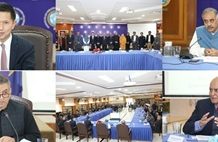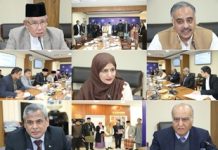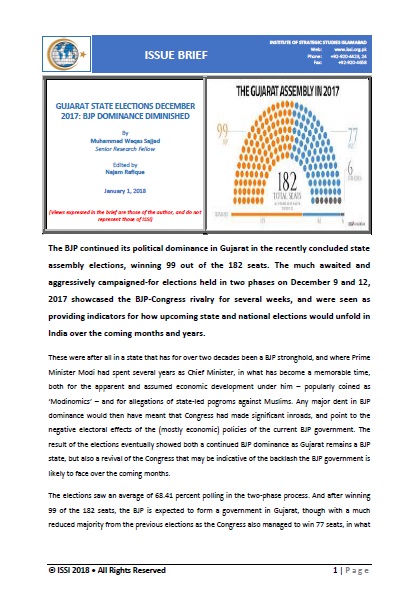The BJP continued its political dominance in Gujarat in the recently concluded state assembly elections, winning 99 out of the 182 seats. The much awaited and aggressively campaigned-for elections held in two phases on December 9 and 12, 2017 showcased the BJP-Congress rivalry for several weeks, and were seen as providing indicators for how upcoming state and national elections would unfold in India over the coming months and years.
These were after all in a state that has for over two decades been a BJP stronghold, and where Prime Minister Modi had spent several years as Chief Minister, in what has become a memorable time, both for the apparent and assumed economic development under him – popularly coined as ‘Modinomics’ – and for allegations of state-led pogroms against Muslims. Any major dent in BJP dominance would then have meant that Congress had made significant inroads, and point to the negative electoral effects of the (mostly economic) policies of the current BJP government. The result of the elections eventually showed both a continued BJP dominance as Gujarat remains a BJP state, but also a revival of the Congress that may be indicative of the backlash the BJP government is likely to face over the coming months.















